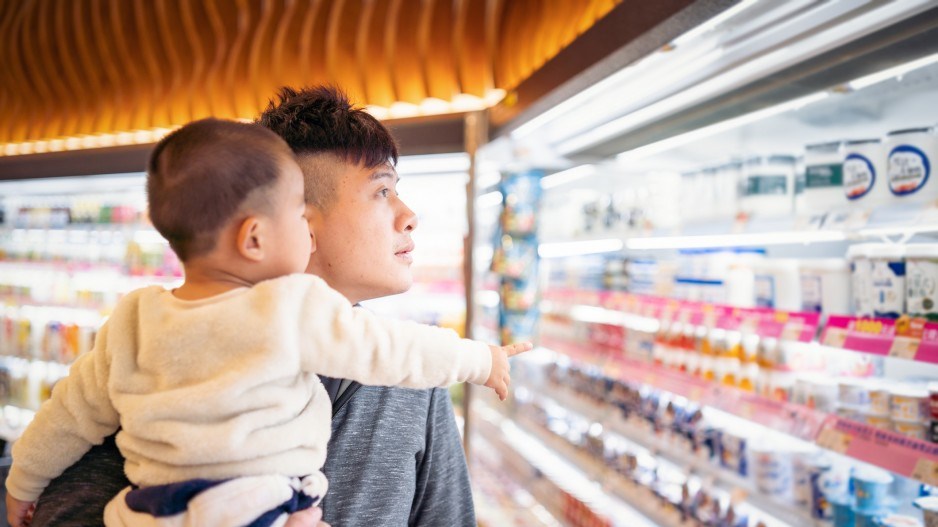With the Chinese economy now reopened – in some places almost fully - for more than a month, western companies are noticing changes in consumer behaviour that may apply to markets like B.C. and Western Canada.
That is the finding of a roundtable discussion hosted by consultancy McKinsey in the Chinese market, where a number of executives of western companies in China said they’ve noticed significant changes in consumer behaviour that may be universal and long-term in nature – if not permanent.
One key change, said Mars Wrigley China president Clarence Mak, is the rapid adaption to O2O – or online-to-offline – sales models that combine online ordering and payment with a physical delivery of goods and services through a number of channels. Consumers not going into physical stores meant Mars Wrigley pulled their snack products from retail locations and redistributed them online, Mak said.
“We could not completely offset the decline in traffic, but we could be smart about shifting our resources and spend,” he said during the roundtable. “There has been a much faster adoption of O2O and the mobile channel compared with traditional e-commerce, and I don’t think consumers are going to want to go back to waiting for three days to get their goods.”
The COVID outbreak also changed what kind of items people were buying, Mak noted. While Mars Wrigley’s categories (candy bars/gums) weren’t too adversely affected, the executive did notice consumers in China stepping up purchases of instant noodles – a trend that’s likely repeated in an Asian-influenced market like Vancouver.
But other than instant noodles, Mak said the buying trend in China leans more healthy than ever.
“People are paying more for fresh products,” he said. “Our categories are very exposed to these trends, and we are urgently trying to make a shift. We need to transform our portfolio in China, recognizing that consumers will always indulge in snacking behavior, but will probably seek a portfolio that extends beyond indulgence.”
He also noted the use of short video platforms like TikTok to promote goods - a trend where a “tipping point has been reached where there are enough consumers that you can start to manage it as a portfolio.” That’s something likely here to stay, both in China and the west, Mak said.
On the healthier-purchasing trend, the post-COVID economy also saw consumers “right-size” their purchases, said Karen So, managing director of Swire Coca Cola. Customers are leaning towards high-quality, established brands, So said, and brand-upgrading is happening at a high rate.
“We’ve... captured in-home consumption by converting consumers to premium take-home packs, like mini-can multipacks, shifting away from big bottles,” she said. “This shift could also be long lasting as consumers build in the habit of consuming higher quality products in a size that is right for them. Consumers are not price sensitive right now, they just grab whatever suits, which might expedite trading up behaviour.”
But while some brands have shifted with consumer behaviour, that strategy won’t work for every industry and sector, said Amy Yang, managing director for Greater China with Levi Strauss & Co. Yang said her company – while improving its online shopping availability in the last few months – will maintain its focus on a high-end, physical retail experience at brick-and-mortar stores because clothes and fashion purchases will always require a sense of contact between the customer and the goods they buy.
The strategy change, then, comes from lowering price points so that more consumers can buy, Yang said.
“With the expected global economic recession, household and personal financial status will be impacted, and people will become more cautious about spending,” she said. “Discounting and promotions will become the new normal for the near- to mid-term. But brand and product strengths, authentic storytelling in the store and online, and personalized service will become key differentiators when consumers come back to our stores.
“We haven’t been shifting our strategies, but instead, we are staying with our long-term growth strategies, which were also tested to be true during this crisis.”
Read more from



